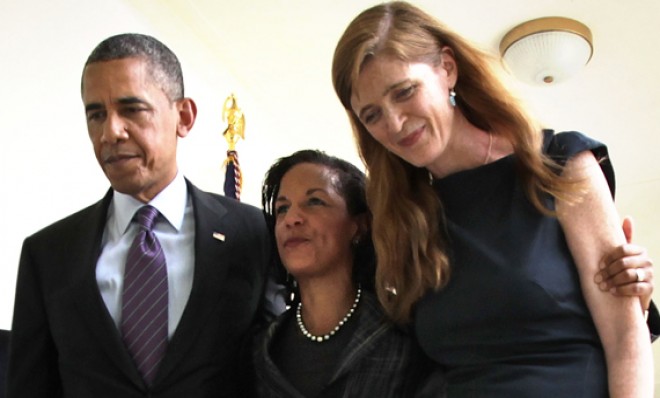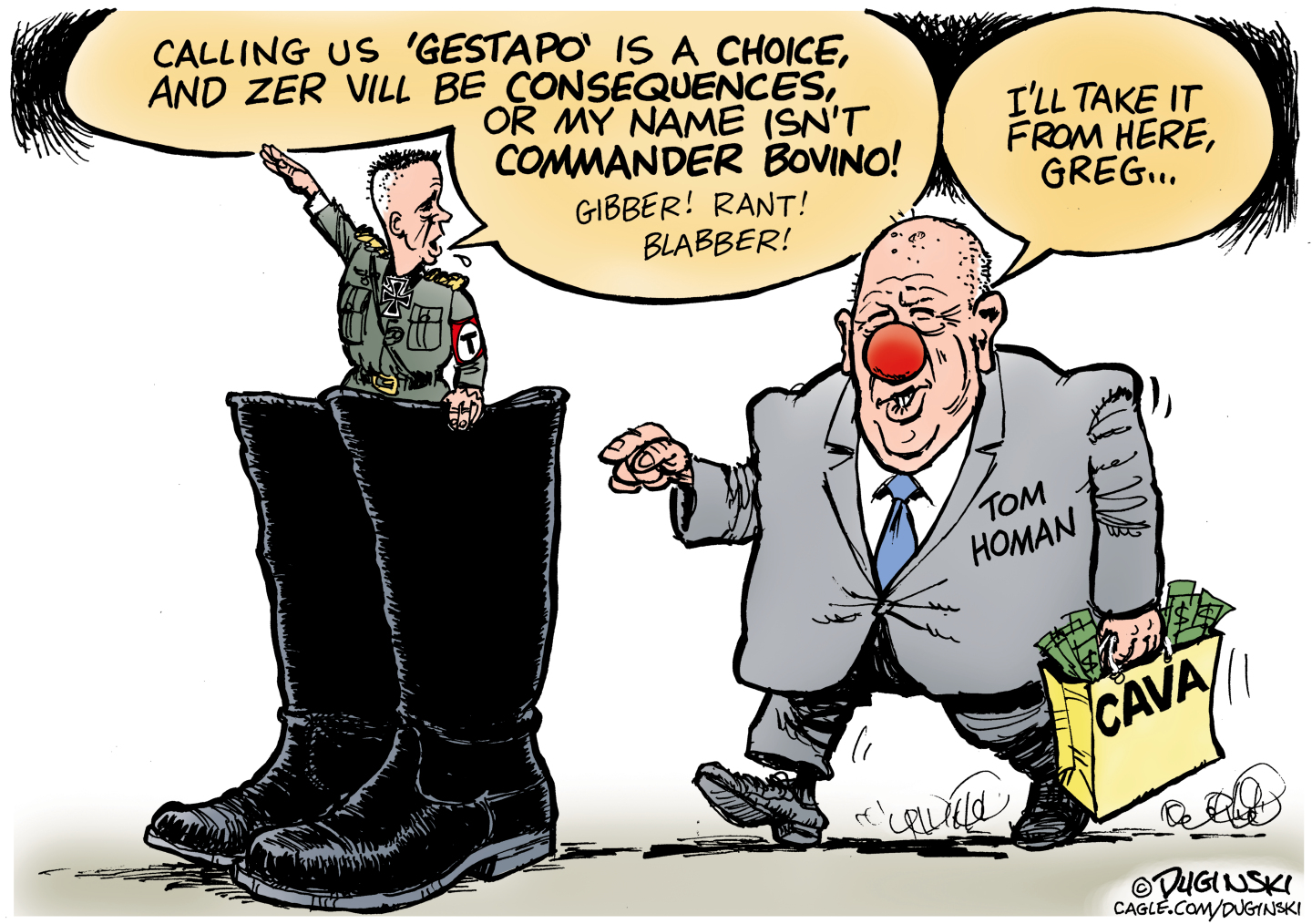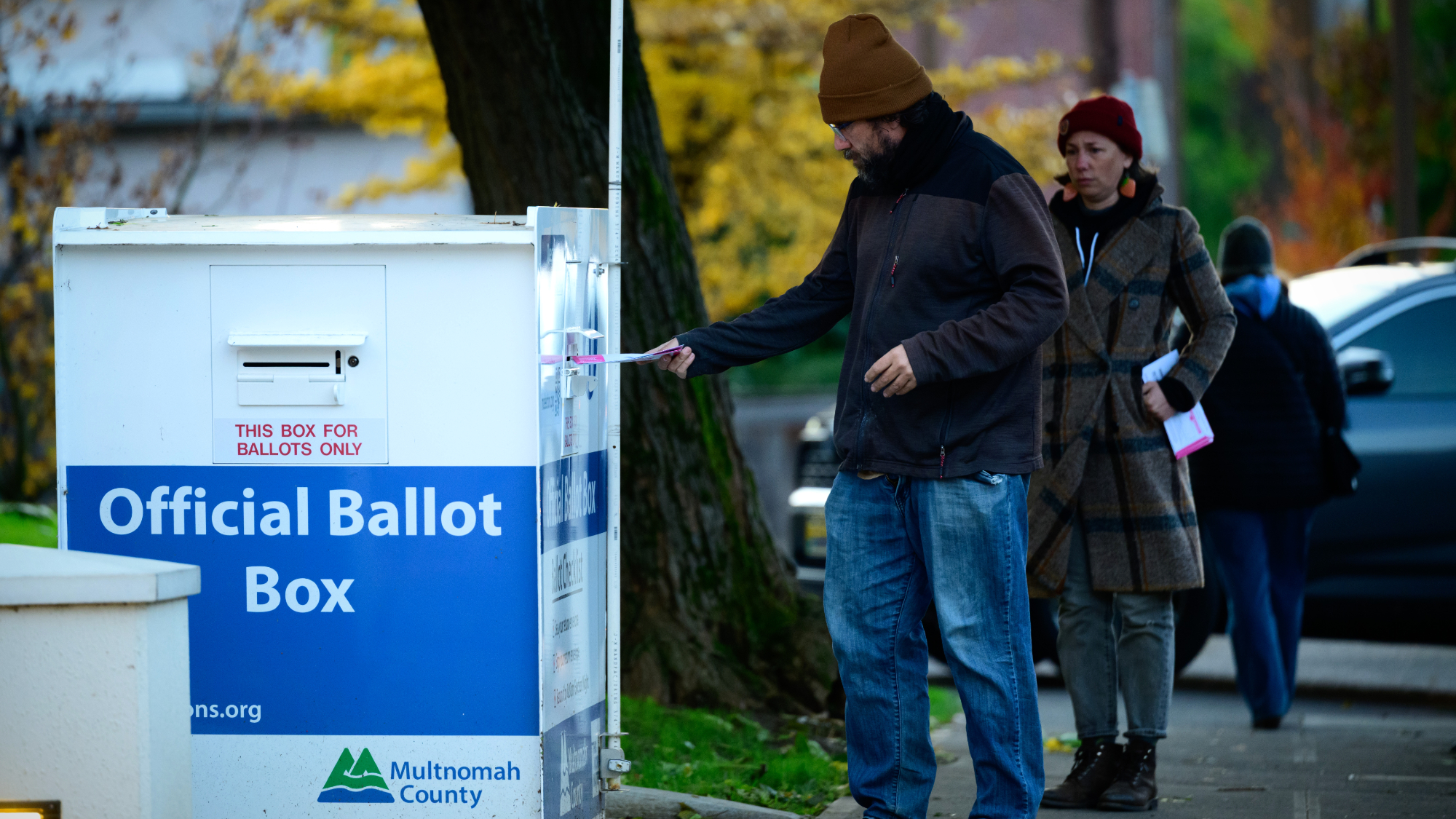What the Susan Rice pick says about Obama
Hint: He's still convinced Benghazi is no big deal, even though it is

Susan Rice just got a promotion.
Let me repeat: Susan Rice, the embattled United States ambassador to the United Nations who went on national television as the administration's… misinformed spokesperson in the aftermath of the Sept. 11, 2012, terrorist attacks on the American consultate in Benghazi, Libya, is about to become our nation's national security advisor.
I will not contend that Ambassador Rice is not qualified. She has served her country faithfully in a variety of very important positions and has repeatedly demonstrated her intelligence and ability in those various capacities. I'm sure she will make an adequate national security advisor.
The Week
Escape your echo chamber. Get the facts behind the news, plus analysis from multiple perspectives.

Sign up for The Week's Free Newsletters
From our morning news briefing to a weekly Good News Newsletter, get the best of The Week delivered directly to your inbox.
From our morning news briefing to a weekly Good News Newsletter, get the best of The Week delivered directly to your inbox.
The real problem with Rice's appointment has to do with President Obama and his apparent disinterest in the opinions of anyone who does not share his very specific perspective of who and what matters. The president has consistently essentially sneered at anyone who suggests that the administration's handling of the crisis in Benghazi was in fact a big deal. He sent that message when he began an ill-fated push to make Ambassador Rice secretary of state, despite her role in the administration's mishandling of the Benghazi fiasco.
The president could, can, and should be forgiven for periodically rolling his eyes at the manner in which Republicans are investigating what happened last September. Hearing some of the talk on Fox News, you might think that it is the worst government cover-up since Watergate. Of course, it is not. But the president is also badly mistaken if he thinks that the administration's response to Benghazi is only a big deal because Republicans are making it so.
The evidence to date suggests, at best, that the administration badly mismanaged the situation in Libya and ignored and/or withheld important information from the American public. That is not a big deal because Republicans say it is a big deal. It is simply a big deal. Which is exactly why a survey conducted last week found that 58 percent of respondents said they believe the State Department's handling of the Benghazi attack raises either major or minor doubts about the Obama administration's honesty and integrity.
Of course, the same survey showed that the number of Americans who trust Obama is holding relatively steady. But the decision to appoint a woman who the administration sent out to provide what we now know was factually incorrect material on a matter of major national security importance conveys the degree to which the president does not hold himself or his administration accountable for its own failures. Whether the deceit was intentional or not is beside the point: The administration failed in the wake of what happened in Benghazi. Had the president accepted that he and his administration failed, or even considered the possibility that the critics might have a point, he would never have promoted a woman who played a role in that failure.
A free daily email with the biggest news stories of the day – and the best features from TheWeek.com
Jeb Golinkin is an attorney from Houston, Texas. You can follow him on twitter @jgolinkin.
-
 Political cartoons for January 27
Political cartoons for January 27Cartoons Tuesday's political cartoons include booting out Bovino, a Rittenhouse reminder, and needling with Newsom
-
 Judge tosses DOJ petition for Oregon voter data
Judge tosses DOJ petition for Oregon voter dataSpeed Read The decision was made following a letter sent by the DOJ to Minnesota
-
 Israel retrieves final hostage’s body from Gaza
Israel retrieves final hostage’s body from GazaSpeed Read The 24-year-old police officer was killed during the initial Hamas attack
-
 The billionaires’ wealth tax: a catastrophe for California?
The billionaires’ wealth tax: a catastrophe for California?Talking Point Peter Thiel and Larry Page preparing to change state residency
-
 Bari Weiss’ ‘60 Minutes’ scandal is about more than one report
Bari Weiss’ ‘60 Minutes’ scandal is about more than one reportIN THE SPOTLIGHT By blocking an approved segment on a controversial prison holding US deportees in El Salvador, the editor-in-chief of CBS News has become the main story
-
 Has Zohran Mamdani shown the Democrats how to win again?
Has Zohran Mamdani shown the Democrats how to win again?Today’s Big Question New York City mayoral election touted as victory for left-wing populists but moderate centrist wins elsewhere present more complex path for Democratic Party
-
 Millions turn out for anti-Trump ‘No Kings’ rallies
Millions turn out for anti-Trump ‘No Kings’ ralliesSpeed Read An estimated 7 million people participated, 2 million more than at the first ‘No Kings’ protest in June
-
 Ghislaine Maxwell: angling for a Trump pardon
Ghislaine Maxwell: angling for a Trump pardonTalking Point Convicted sex trafficker's testimony could shed new light on president's links to Jeffrey Epstein
-
 The last words and final moments of 40 presidents
The last words and final moments of 40 presidentsThe Explainer Some are eloquent quotes worthy of the holders of the highest office in the nation, and others... aren't
-
 The JFK files: the truth at last?
The JFK files: the truth at last?In The Spotlight More than 64,000 previously classified documents relating the 1963 assassination of John F. Kennedy have been released by the Trump administration
-
 'Seriously, not literally': how should the world take Donald Trump?
'Seriously, not literally': how should the world take Donald Trump?Today's big question White House rhetoric and reality look likely to become increasingly blurred